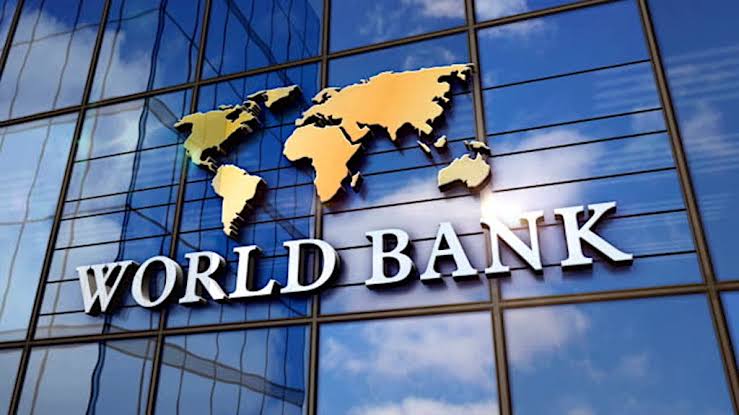Business
World Bank lists factors that will hamper Nigeria’s economic reforms

The World Bank has identified challenges associated with fuel prices and low non-oil revenue as factors that may hamper the Federal Government’s move to maximise the benefits of its economic reforms.
In its Macro Poverty Outlook for Nigeria for April 2024, the Bretton Wood institution stressed the need for Nigeria to fix issues with fuel prices and improve non-oil revenue in order to reap the benefits of the economic reforms of the current administration.
It predicted that Nigeria’s economy would grow by average 3.5% annually from 2024 to 2026.
“This growth is faster than the increase in the population. However, this growth depends on the country continuing its current economic reforms,” the World Bank noted.
Nonetheless, it expects the non-oil parts of the economy to grow slowly.
It equally projected that inflation, or the rise in prices would stay high at 24.8% in 2024 but should slowly decrease to 15.1% by 2026.
READ ALSO:World Bank predicts drop in Nigeria’s inflation to 24.8% before year-end
The bank added: “The oil sector should become more stable with a slight increase in production and a decrease in prices. However, to see better growth rates, Nigeria needs to make more changes in its economy.
“The continuation of an ambitious reform program centered around macroeconomic stabilization is essential for Nigeria to reap the reforms’ benefits. The economy is projected to grow by 3.5 percent on average between 2024 and 2026, 0.9 pp higher than the population growth.
“The dissipation of the reforms’ initial shock and the stabilization of macroeconomic conditions will instill a sustained but still slow growth in the non-oil economy, while the oil sector is expected to stabilize with some recovery in production and slightly lower prices. Higher growth rates will require structural reforms.
“Inflation will remain elevated at 24.8 percent on average in 2024 but is expected to progressively moderate to 15.1 percent by 2026 on the back of monetary policy tightening and exchange rate stabilization. As a result, poverty rates are expected to increase in 2024 and 2025 before stabilizing in 2026.
“Exchange rate liberalization is expected to contribute to both fiscal and external balances. Fiscal pressure is expected to moderate over the outlook due to higher dollar-denominated revenues and improved non-oil revenues.”
By: Babajide Okeowo
Join the conversation
Support Ripples Nigeria, hold up solutions journalism
Balanced, fearless journalism driven by data comes at huge financial costs.
As a media platform, we hold leadership accountable and will not trade the right to press freedom and free speech for a piece of cake.
If you like what we do, and are ready to uphold solutions journalism, kindly donate to the Ripples Nigeria cause.
Your support would help to ensure that citizens and institutions continue to have free access to credible and reliable information for societal development.
























